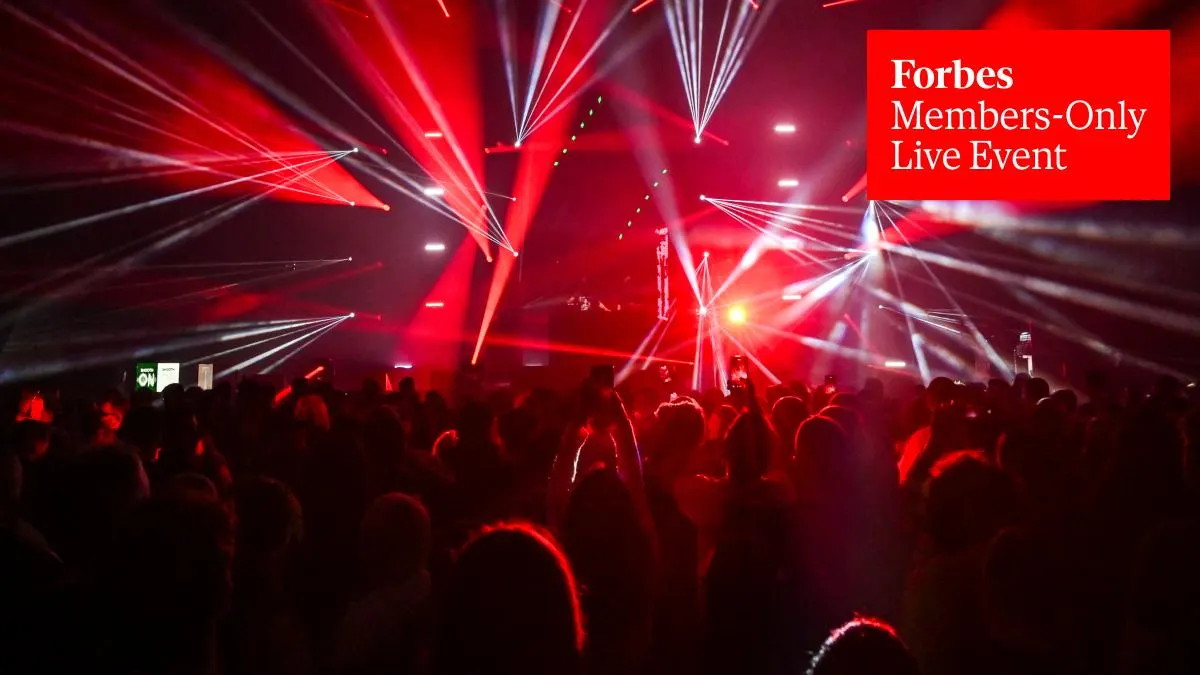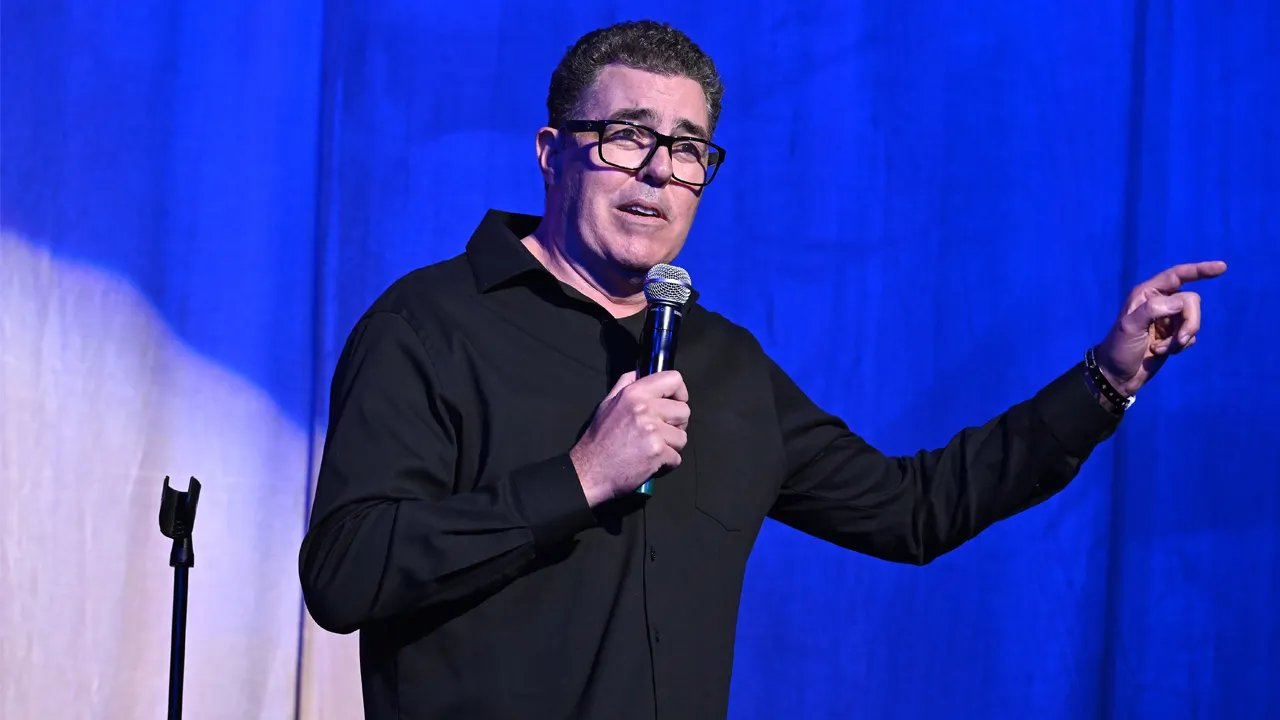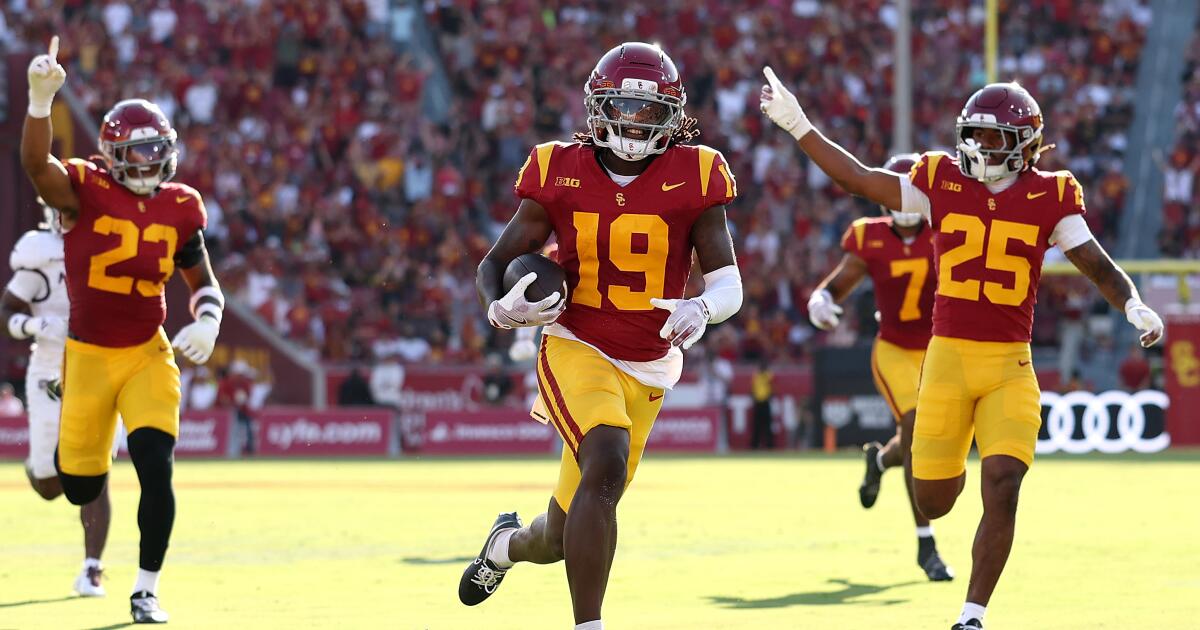
The only absolute we can offer about AI in its infancy is that we are collectively ill-equipped to offer absolutes about it. Enter Black creators, who are at the forefront of AI’s inevitable intrigue, instinctively finding home in the strangely familiar newness of technological development. Also, curiosity about AI and its future impact has sparked a frenzied, multi-industry rush to capitalize on marketing value—performatively positioning themselves as ‘ahead of their time,’ even without fully understanding the tool.
As AI haunts our desires for cultural innovation, the beauty industry capitalizing on collective zeal feels apropos, AI-washing their companies by implementing the tool into its products—from robotic manicure devices and lash-extending machines to skin type and color-matching quizzes that predict our most accurate foundation shades and skincare products.
The beauty industry’s attempt to mask its pandering as inclusivity with AI deflates as it reckons with the tool’s biases and pitfalls that mirror the very social systems that created it. In fact, the systems that create biases in beauty tools are the same systems that inflict ecological and humanitarian disaster—specifically on African people and land—to develop the tools themselves. This shifts curiosity about AI itself to something more deeply critical and urgent: Can the Black beauty world ethically engage with AI? And can AI ethically engage with us?
It is no secret that AI undermines the beauty industry’s attempt to stretch the beauty standard to include a wider range of skin tones and types. AI carries racial and aesthetic biases that mirror the exclusions the beauty industry perpetuates against features that aren’t conventionally European. For example, Faiza Khan Khattak, PhD, an applied machine learning scientist at the Vector Institute, states that “photo filters commonly show racial biases by automatically lightening the skin tone during the ‘beautification’ process, aligning with Eurocentric (white) beauty norms.”
But Black people are not the only targets excluded in the biases in AI beauty tools; everyone is. Body types, hair types, identifiably cultural features, and other cosmetic and aesthetic traits that deviate from white, patriarchal beauty standards are not accurately accounted for. When many AI beauty developers are predominantly white and male, there is no surprise that the tool only does not aesthetically discriminate against those who don’t use it. This recentering of impossible, exclusionary beauty standards reflects not only the ugly desires of white supremacist patriarchy, but reflects a broader issue of what is sacrificed when efficiency and optimization take precedence over real human experience and connection.
But harping on the inevitable biases of AI solidifies its credibility as a resource that should be used to help us streamline the beauty industry to begin with. The deeper issue lies in its moral negligence: AI is built on the exploitation of Black people.
AI positions itself as the next frontier in beauty, but its very existence is built on the same systems of extraction that have long defined the beauty industry. This is consistent with AI’s reliance on the global bombardment of the Democratic Republic of Congo. AI exists due to the overextraction of precious minerals in the DRC, enabled by genocide of its people and ecocide of the land. This level of violence renders concerns about AI’s racial biases in beauty technology trivial by comparison.
Additionally, AI ports consume extreme amounts of water—humanity’s most sacred and natural beauty tool—to cool their generators, an ironic waste at a time when water is more crucial than ever to, literally and metaphorically, put out the Earth’s fires.
The beauty industry has a history of exploiting labor and cultural material of the marginalized for capitalistic gain—from unethical sourcing of hair extensions to constant commodification of cultural aesthetics for mainstream appropriation, all while excluding those marginalized consumers from the market. Where Black people are concerned, AI continues the same trajectory of extraction—erasing Black aesthetics in its algorithms while simultaneously exploiting African people, culture, and resources to exist.
Somehow, through its instigation of global disaster, AI can generally be framed as a moral phenomenon. The exploitation of Congolese people and land that fuels industrial desires for AI ironically also feeds the western world’s fear of its rapid development and its alienation of human experience. In my imagination, the energy of the people and the land whose nonconsensual labor fuels AI are asserting agency as an antagonistic force against the very people and companies that enable their exploitation. The technology that extracts from Blackness—from aesthetics to labor to land—is now feared for its power.
The most profound adornment bestowed upon us by beauty AI so far is a series of questions: who does AI in beauty really serve? Can Black consumers ethically engage with AI beauty tools when they are designed without us in mind and rely on the extraction of resources from African land? Can AI be made ethical in the beauty space in a way that is generative for Black people? Is our beauty as shaped by innovations in AI worth what it has and will cost us globally? Because the world doesn’t know much about AI, these looming questions stem from a collective imagination and apprehension about the tool and can only be answered with time.
As an abolitionist, I find it difficult to consider the value of reforming a tool that instigates unspeakable, widespread violence. But as a creative futurist, I wonder if AI, like everything else on Earth, was not developed exclusively by humans, but as an innate manifestation of the world’s collective experience. So this alien-like tech emergence begs another set of questions: Could AI be divine intervention? Could it be highlighting the necessity of abolishing beauty standards by spoiling them? Does it highlight the hypocrisy of revolutionizing wellness solutions at the cost of the pillaging and bloodshed in one of “Africa’s lungs”? And how far will this revolution in beauty ever go to revolutionize Black people’s subscription to beauty at all?



